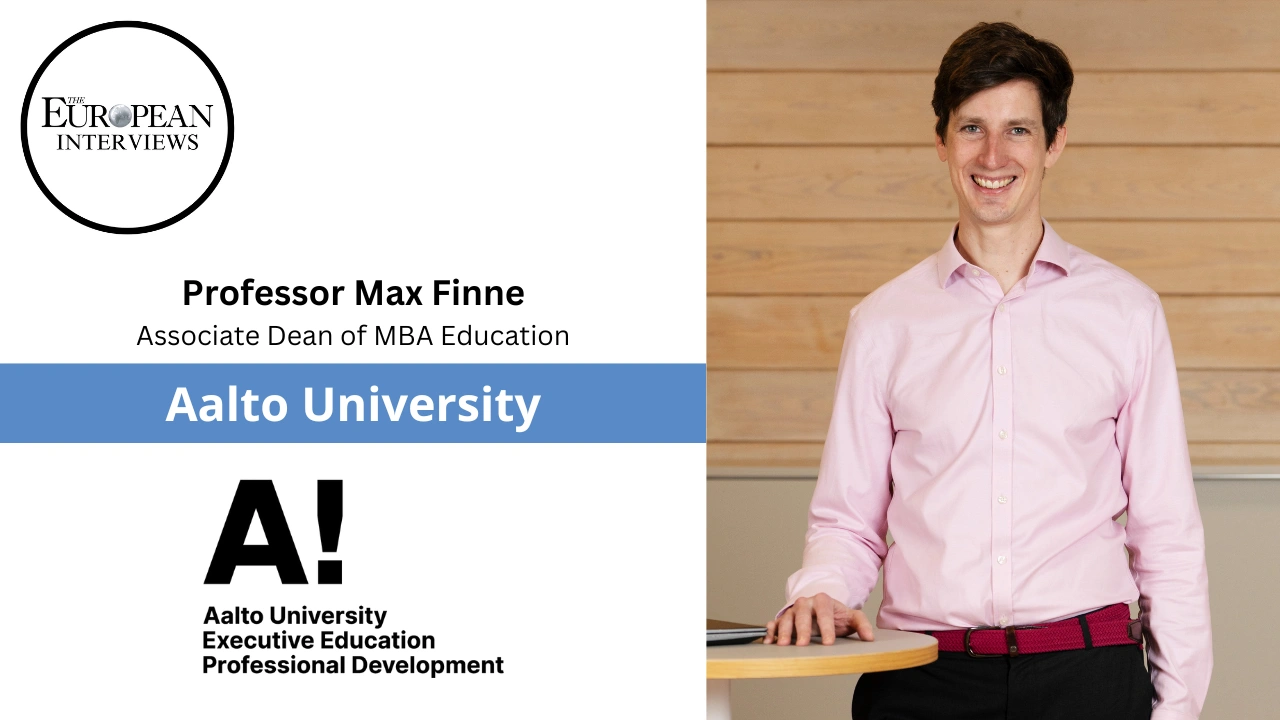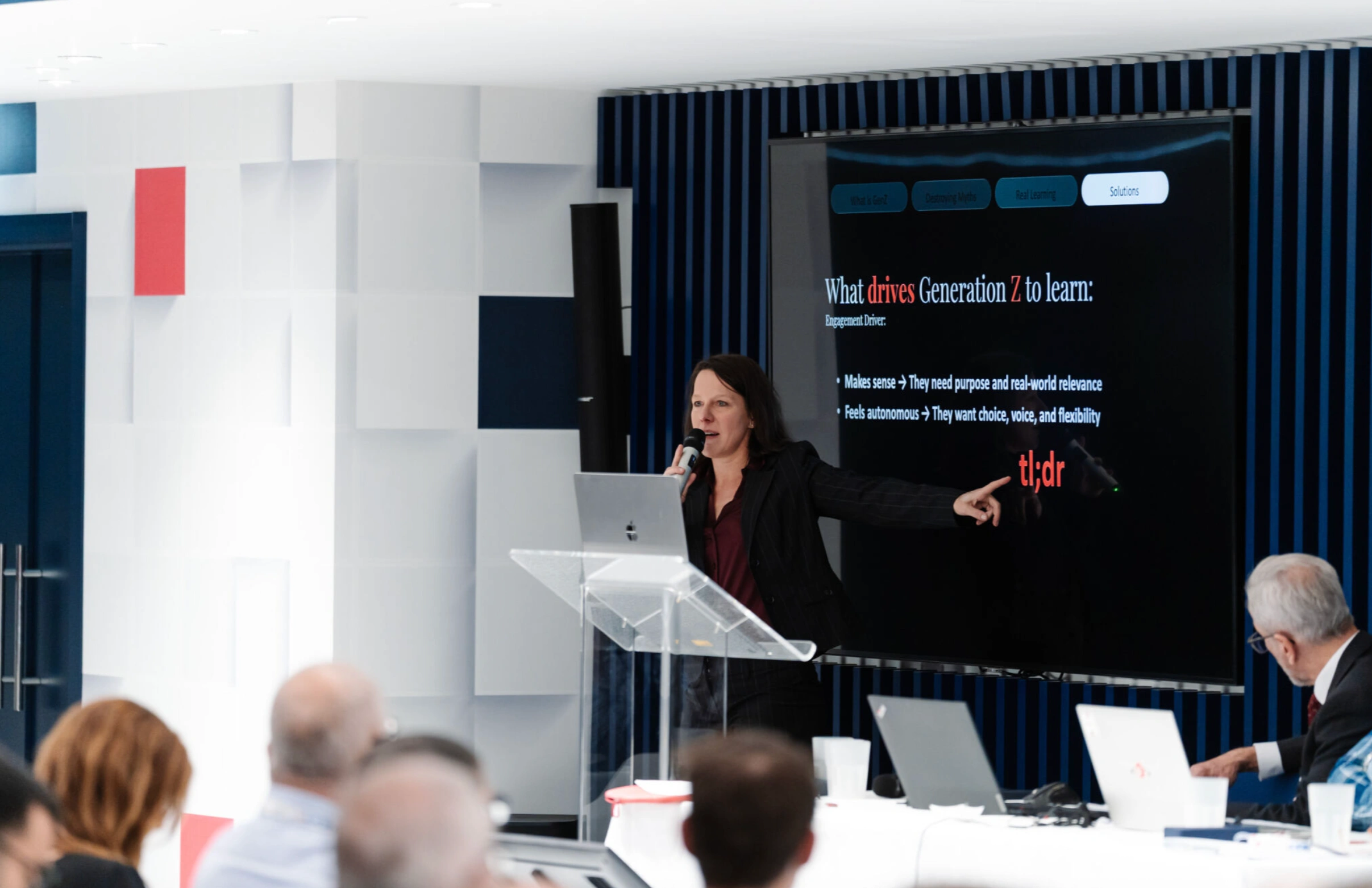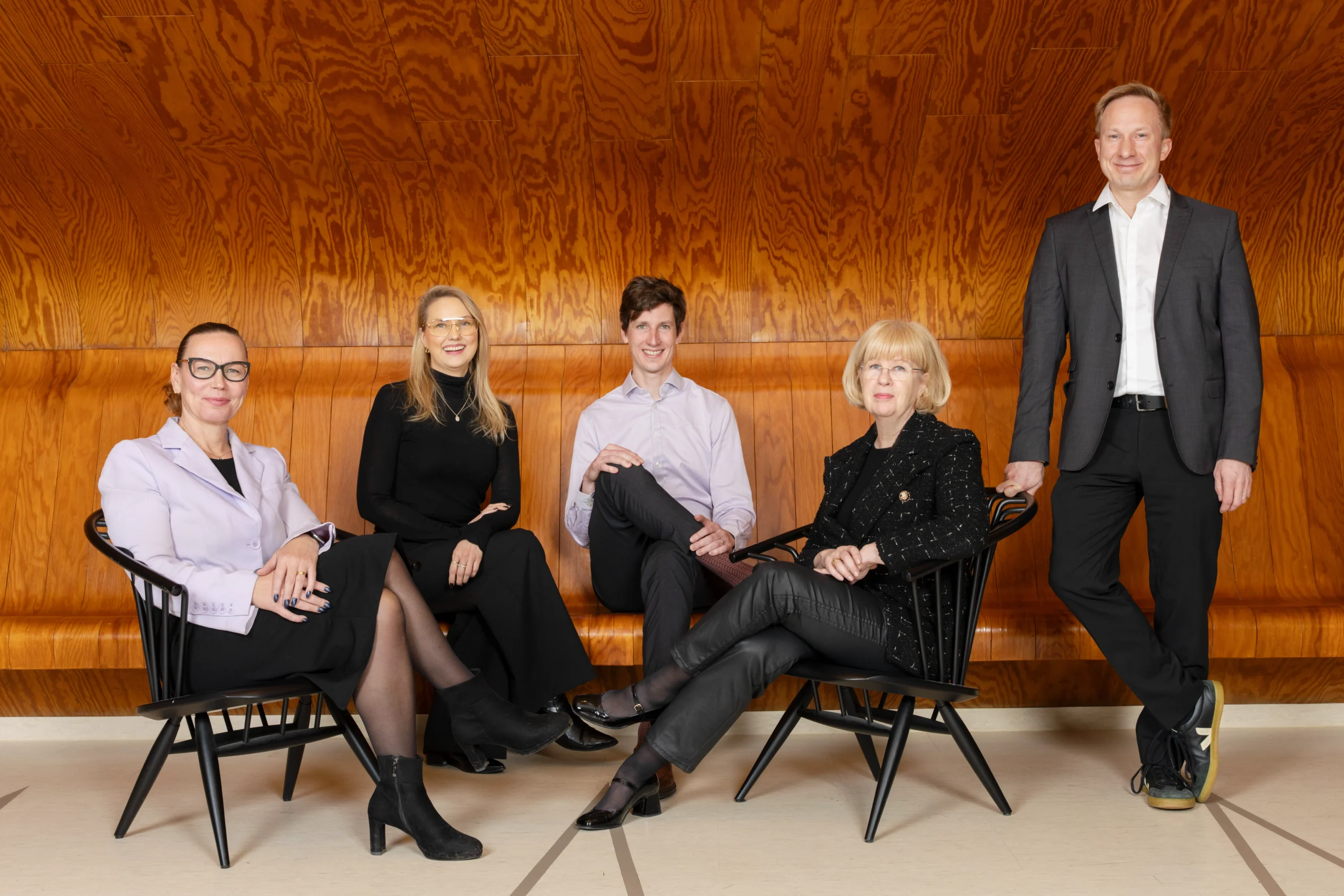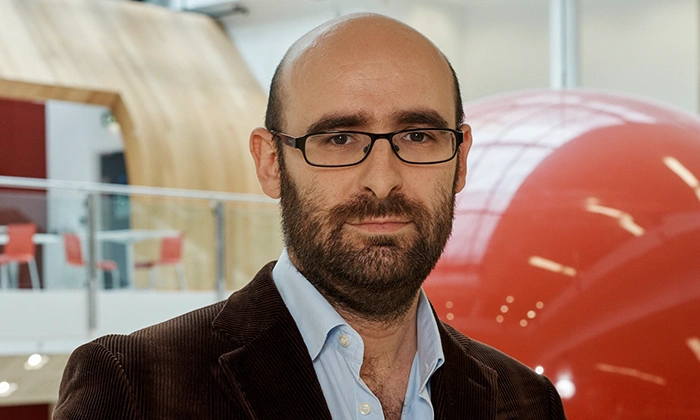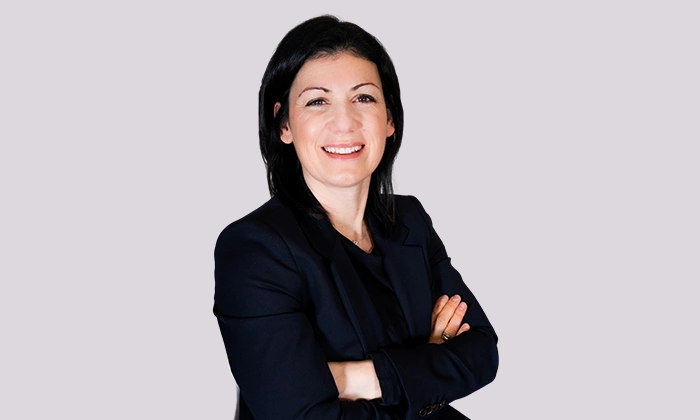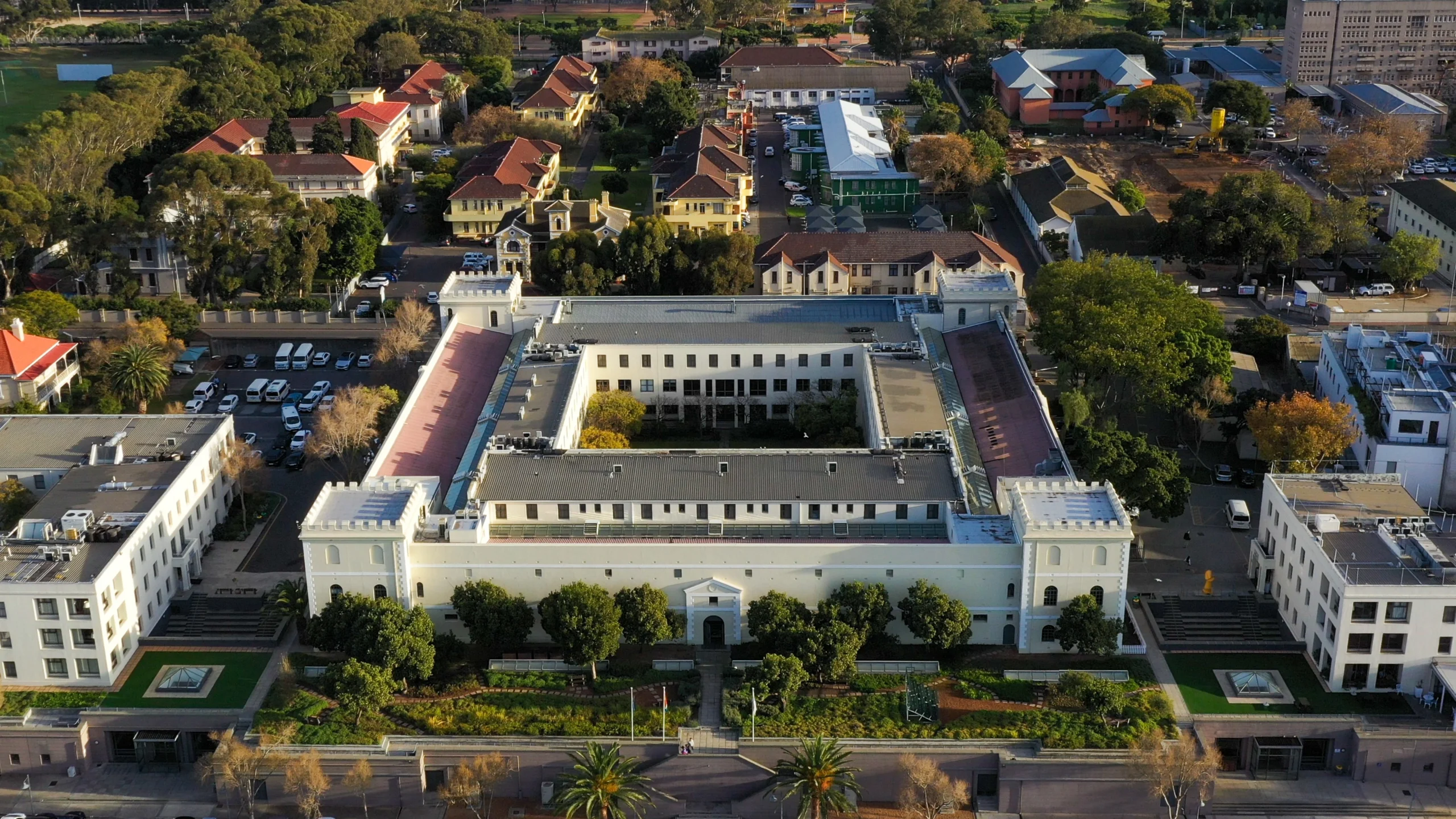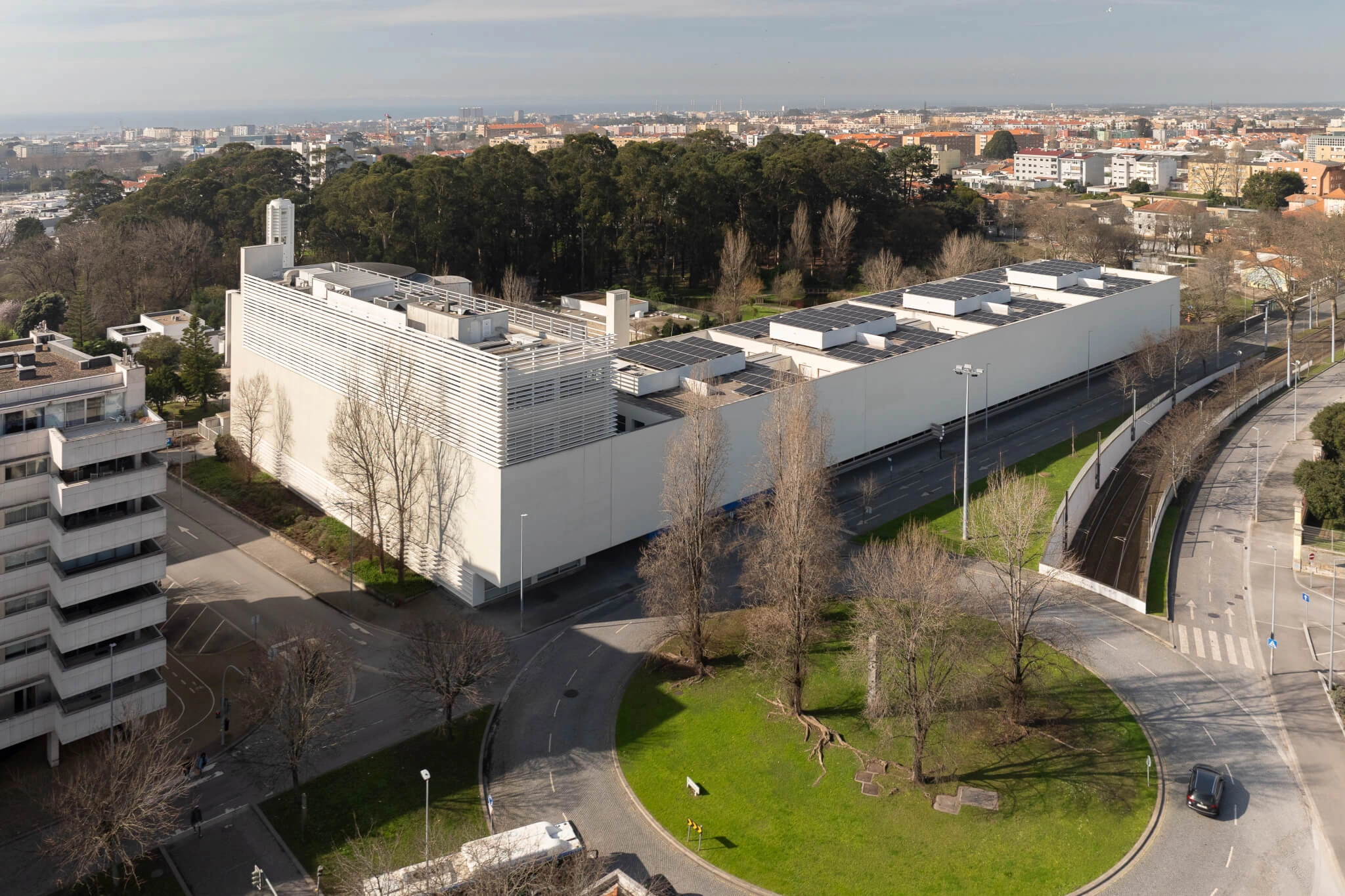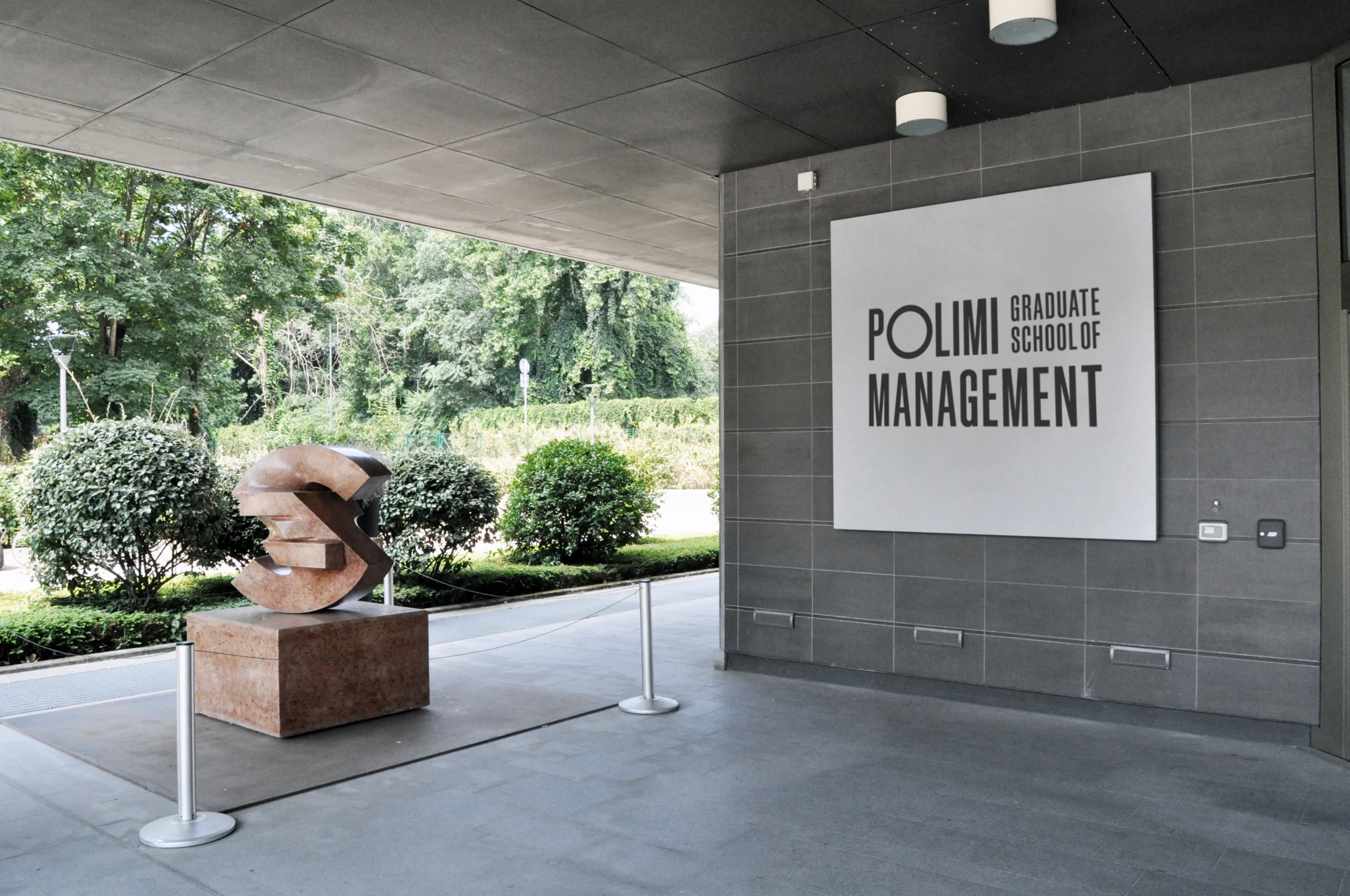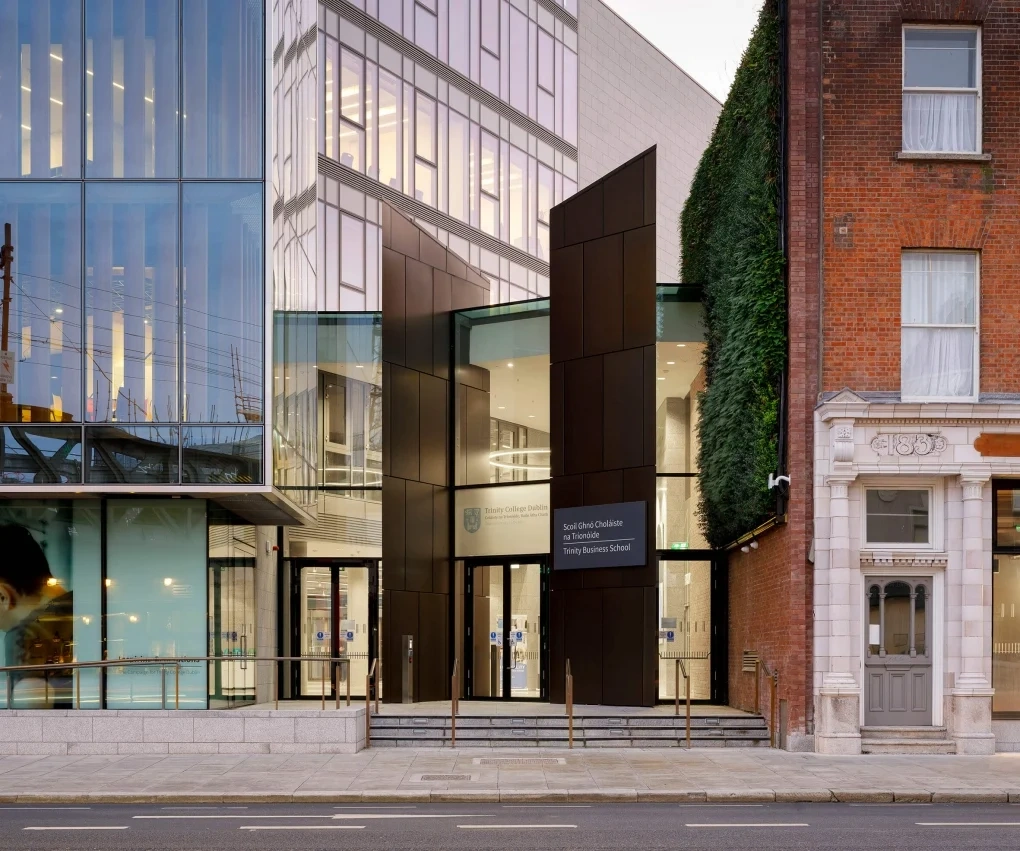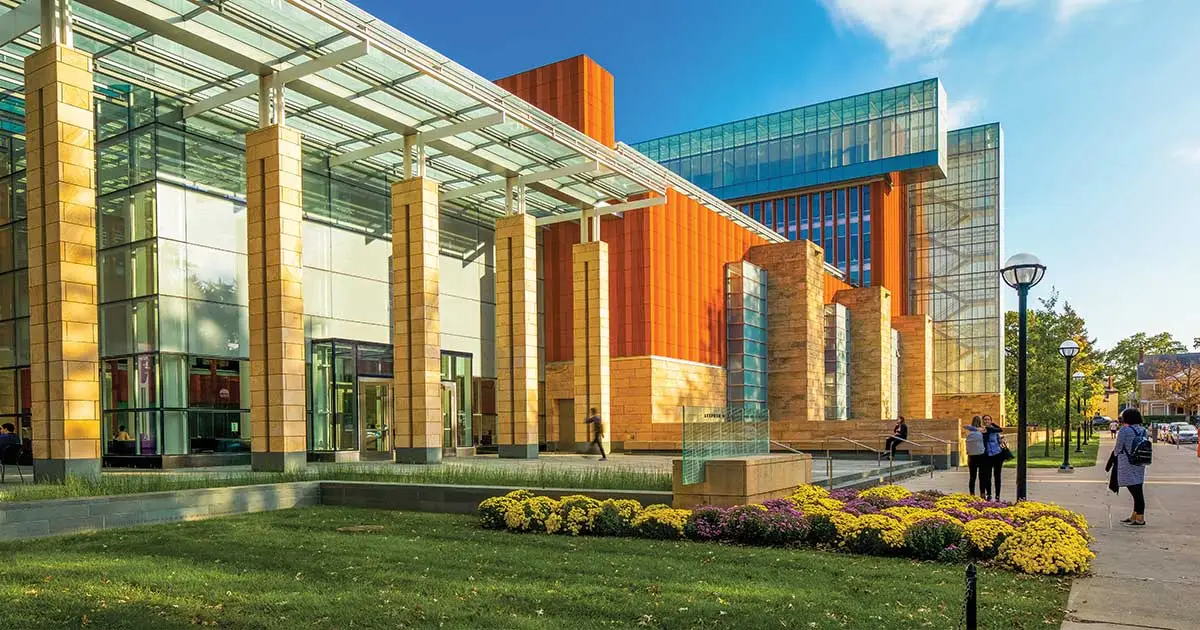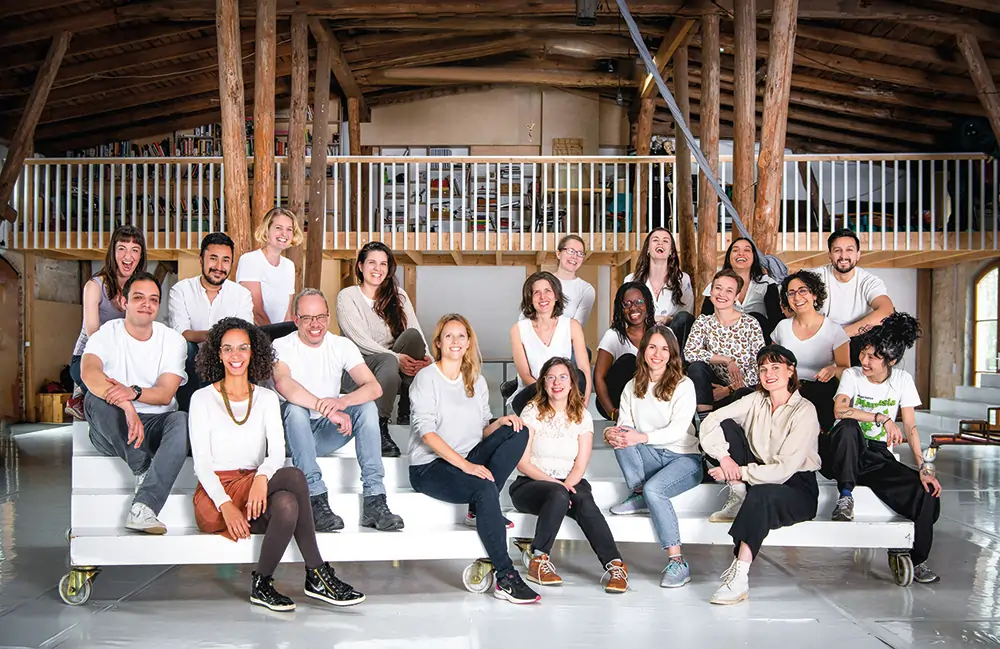Meet the class of 2025… and their children. Why mid-life university learning is on the rise

John E. Kaye
- Published
- Executive Education

Traditional universities have long been built around school-leavers, but the growth of independent providers hints at a different future, focused on mature learners and skills needed by employers. As demographic pressures and skills shortages reshape Britain’s workforce, higher education may need to look beyond youth and towards experience, writes John E. Kaye
At one independent higher education provider in England, the average undergraduate is 37 years old and more likely balancing work and family responsibilities than pulling all-nighters in the student union bar. It is an outlier, for now at least, but one that may offer a glimpse into how British higher education is evolving in response to labour shortages, political scrutiny and changing student demand.
GBS UK, a privately owned institution operating 10 campuses in London, Manchester, Birmingham and Leeds, caters to a student population significantly older than that found in the traditional university sector. Many are in full-time work, raising families and studying part-time, forming a demographic that stands in contrast to the typical school-leaver cohort. While comprehensive national figures are lacking, GBS’ profile suggests that mature learners may play an increasingly central role in meeting the country’s skills and workforce needs.
Acute shortages of qualified workers in healthcare, construction and digital technology have intensified scrutiny of the UK’s higher education system, particularly over whether traditional degree routes are delivering graduates with the skills employers require. At the same time, the long-term sustainability of the sector itself — from student outcomes and economic value to course structure and funding — has become the focus of growing political and public debate.
“We aim to widen participation, address skills shortages and ultimately enable social mobility,” James Kennedy, chief executive of GBS, told The European. “Our model is not a replacement for traditional universities, but it is clearly serving a different segment of the population — one that’s often excluded by standard formats.”
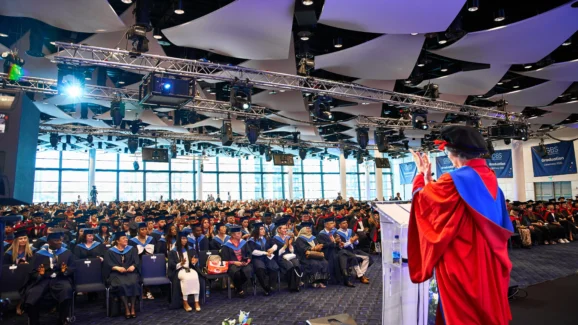
GBS delivers university-accredited degrees in areas such as business, banking, healthcare and digital technologies. Unlike many traditional providers, GBS’s entire student body is made up of UK residents. Courses are structured around evenings, weekends and modular formats, enabling students to study while continuing to work.
Earlier this month, it held two graduation ceremonies, in Birmingham’s Symphony Hall and the other at Wembley Stadium, with several thousand students receiving qualifications. While the event carried the pomp and performance of a traditional university celebration, the demographics on stage told a different story.
“These are not students taking a gap year,” Kennedy said. “They are people with established lives. For them, education is a strategic investment, not a rite of passage.”
It is difficult – if not impossible – to determine whether GBS’s student profile is indicative of a wider trend across the independent sector. National data on mature students remains patchy, particularly among alternative providers, where reporting standards and regulatory oversight are uneven. Even so, the approach taken by GBS, which has been regulated since 2019, aligns with priorities increasingly echoed in Westminster, where questions over the long-term sustainability of higher education have brought renewed focus to lifelong learning, modular provision and stronger ties between study and employment.
Concerns range from the financial structure of student loans to the mismatch between some degrees and labour market demand. In that context, targeted, vocationally aligned degrees, especially for adult learners, are gaining traction as a way to close skills gaps and deliver greater economic value from public investment.
“If the aim is to strengthen workforce resilience, particularly in critical sectors, then older students must be part of the equation,” Kennedy told us. “They come with experience, context and urgency. They know exactly why they’re here.”
The economic case is also local as much as national. Kennedy argues that GBS students tend to remain embedded in their home communities – an important distinction from younger graduates who often relocate in search of employment. “Most of our students aren’t interested in central London jobs,” he added. “They want to stay in the towns and cities they know — and often, they want to run their own businesses there.”
That community-rootedness, he suggests, could have long-term benefits. “It may seem small-scale, but the aggregate effect of that local economic activity is significant.”
Britain’s potential shift towards older undergraduates also raises practical questions for the sector. Flexible timetables, accelerated pathways and employer linkages may become more necessary as providers seek to attract and retain non-traditional learners. But they also imply a different kind of pedagogical infrastructure that is less concerned with campus life and late-night karaoke and more focused on flexibility, career progression and getting students back to work on Monday morning.
“When you take someone with lived experience and upskill them, you get a graduate who’s job-ready. It’s a different proposition from a school-leaver with academic potential but no work history,” Kennedy said.
There is no suggestion that this model can or should replace the traditional undergraduate route. But it may complement it, particularly in industries facing chronic shortages of experienced mid-level professionals. “I’m not saying younger graduates aren’t valuable,” Kennedy said, “but giving employers a broader choice — in age, gender, ethnicity and background — is critical.”
Whether institutions like GBS become models for replication remains to be seen. At present, their scale is modest relative to the traditional university sector. But with employers demanding job-ready skills and more adults seeking to retrain mid-career, it is increasingly likely that higher education will serve a broader age range, and a very different set of priorities, than it has in the past.
In future graduation ceremonies, tossing mortarboards might be accompanied by the reality that some graduates simply can’t bend down to pick them up.
Main image: Graduates celebrate their achievements at the GBS UK 2025 graduation ceremony, marking the culmination of their studies with a traditional cap toss. Credit: GBS UK
RECENT ARTICLES
-
 Hannu Tihinen on strategy, leadership, and the value of an EMBA
Hannu Tihinen on strategy, leadership, and the value of an EMBA -
 European MBAs adapt to AI as Aalto overhauls executive education
European MBAs adapt to AI as Aalto overhauls executive education -
 From dialogue to action: how emba X prepares leaders for a new era of responsible innovation
From dialogue to action: how emba X prepares leaders for a new era of responsible innovation -
 How Europe can learn faster: turning AI into safer, smarter adult training
How Europe can learn faster: turning AI into safer, smarter adult training -
 Aalto EE launches Aalto Tech EMBA to equip executives for digital transformation
Aalto EE launches Aalto Tech EMBA to equip executives for digital transformation -
 Supply chains are being remade. Leadership must be too
Supply chains are being remade. Leadership must be too -
 Why the real barrier to AI success sits in the boardroom
Why the real barrier to AI success sits in the boardroom -
 ETH Zurich and the University of St.Gallen redefine executive education with emba X, a new model of responsible leadership
ETH Zurich and the University of St.Gallen redefine executive education with emba X, a new model of responsible leadership -
 Why leadership is the strongest defence in South Africa’s schools
Why leadership is the strongest defence in South Africa’s schools -
 Porto Business School launches executive programme on AI strategy
Porto Business School launches executive programme on AI strategy -
 POLIMI Graduate School of Management strengthens global reputation in MBA and master’s rankings
POLIMI Graduate School of Management strengthens global reputation in MBA and master’s rankings -
 Trinity Business School strengthens standing in global MBA rankings
Trinity Business School strengthens standing in global MBA rankings -
 Meet the class of 2025… and their children. Why mid-life university learning is on the rise
Meet the class of 2025… and their children. Why mid-life university learning is on the rise -
 University of Michigan launches executive programme for chief data and AI officers
University of Michigan launches executive programme for chief data and AI officers -
 International education: A vision for global citizens
International education: A vision for global citizens -
 How to create lasting social change? Build a community
How to create lasting social change? Build a community -
 Tomorrow’s world needs Dyslexic Thinking
Tomorrow’s world needs Dyslexic Thinking -
 Why family therapy is the best investment you can ever make
Why family therapy is the best investment you can ever make -
 How EQ can give us the edge over AI
How EQ can give us the edge over AI -
 A true root and branch approach
A true root and branch approach -
 It's fine to say you're not ok
It's fine to say you're not ok -
 Are you willing to change with your organisation?
Are you willing to change with your organisation? -
 Emerging markets: Online learning for women unlocks economic potential
Emerging markets: Online learning for women unlocks economic potential -
 A programme of urgent importance
A programme of urgent importance -
 Why progress is not parity
Why progress is not parity


